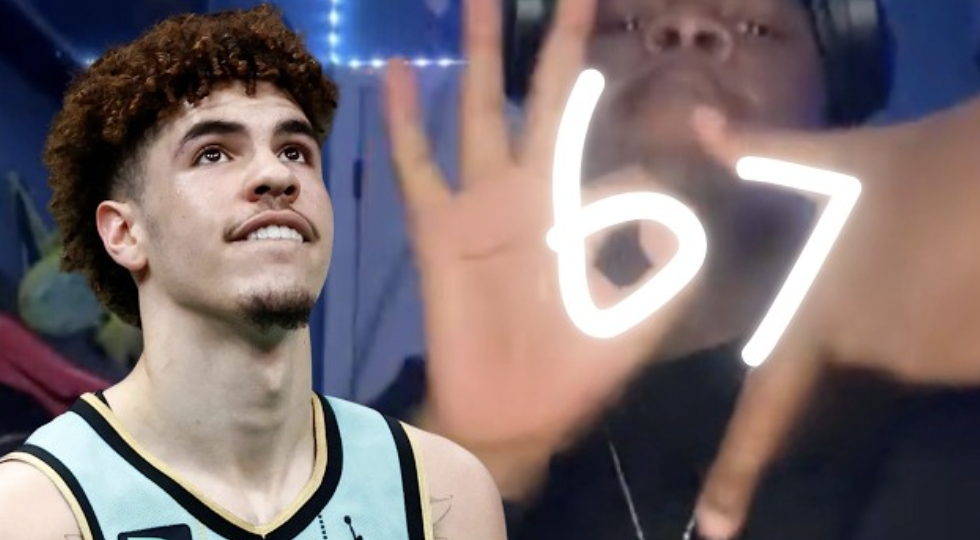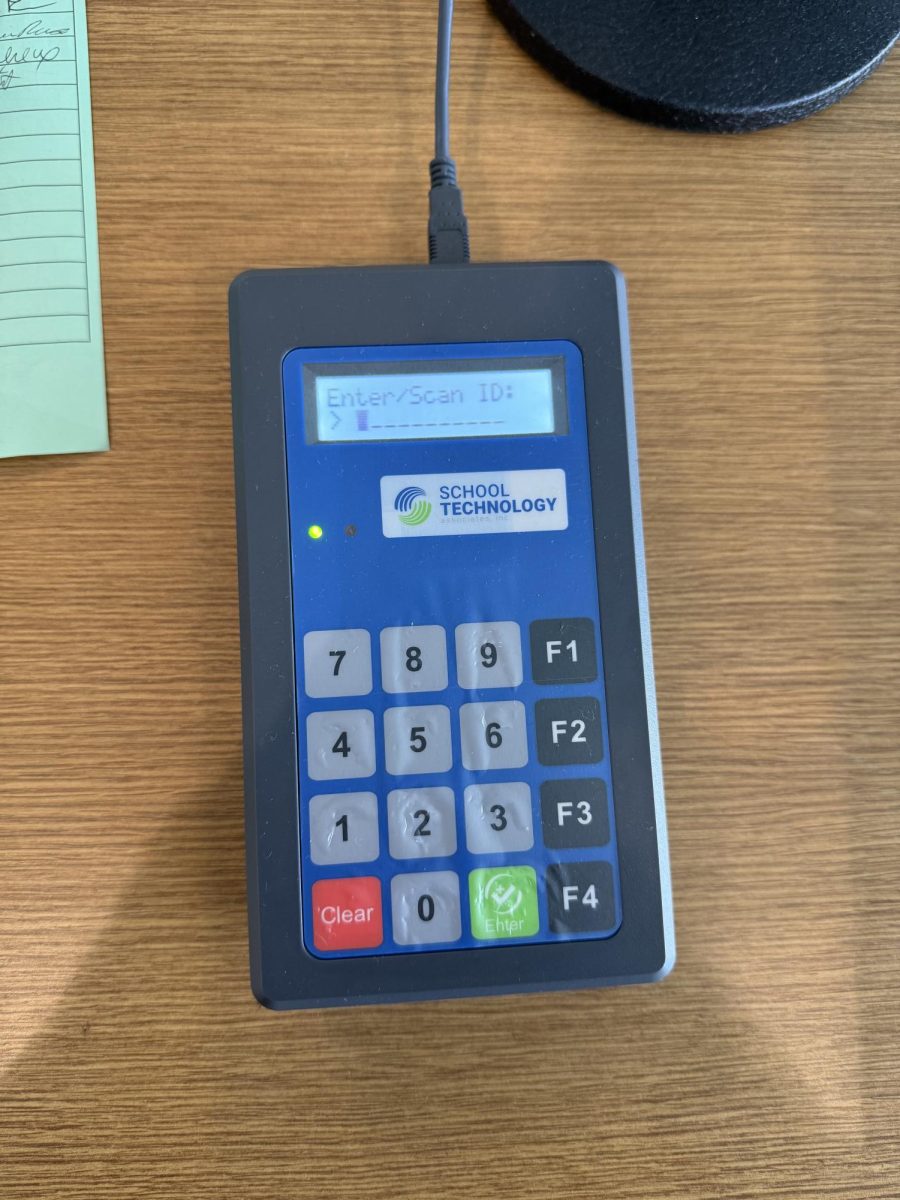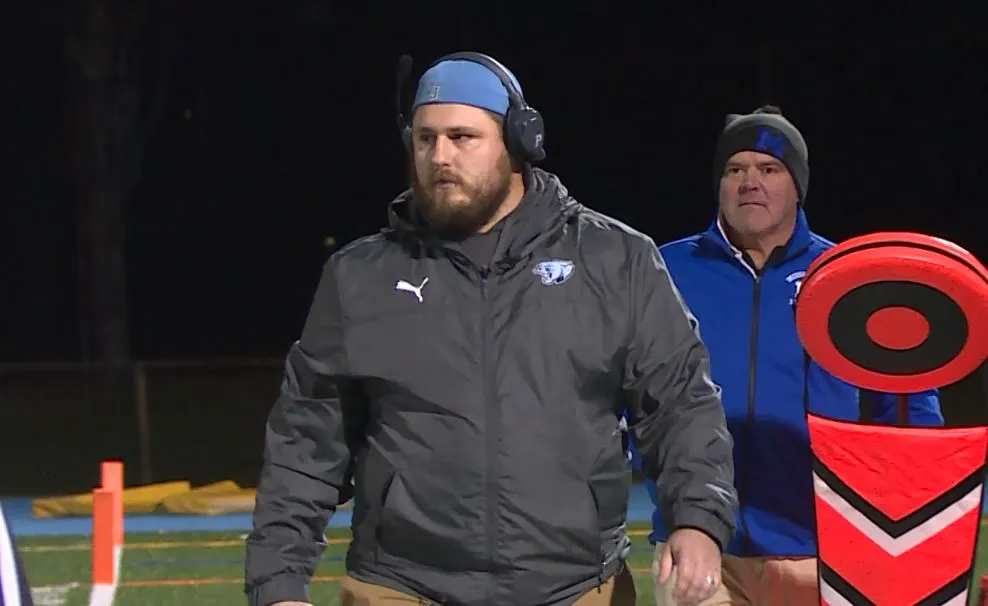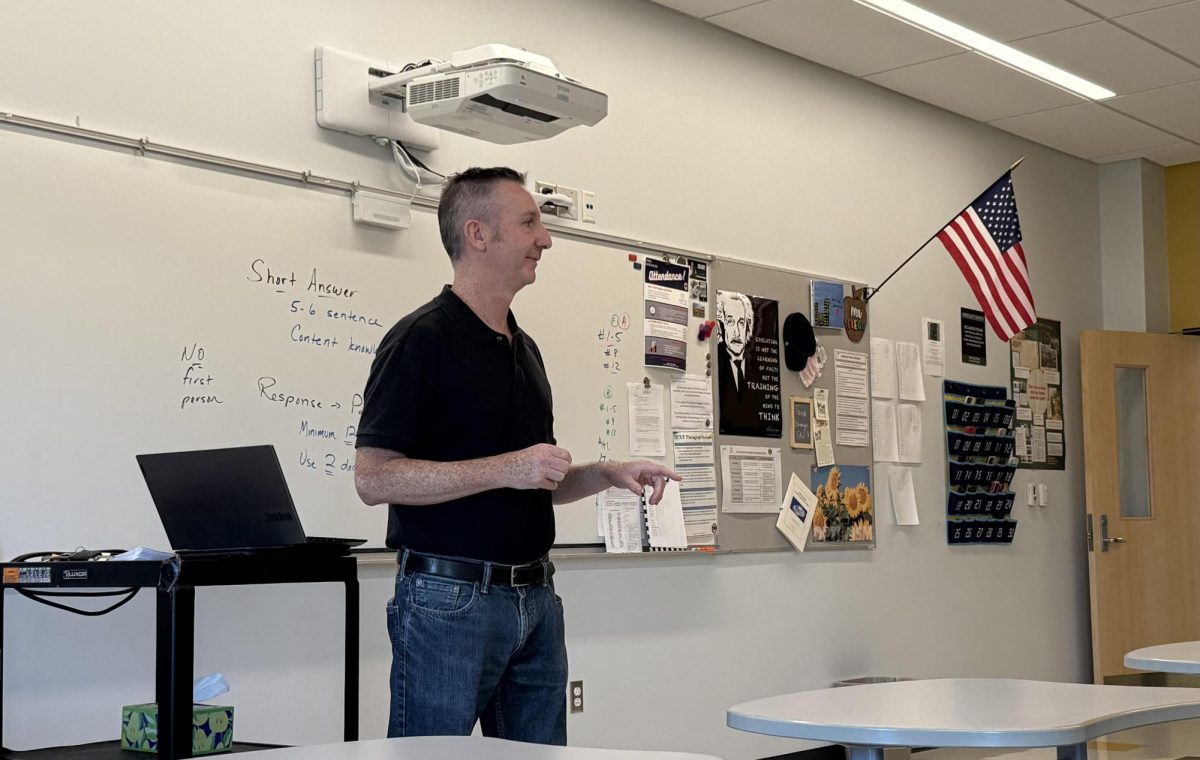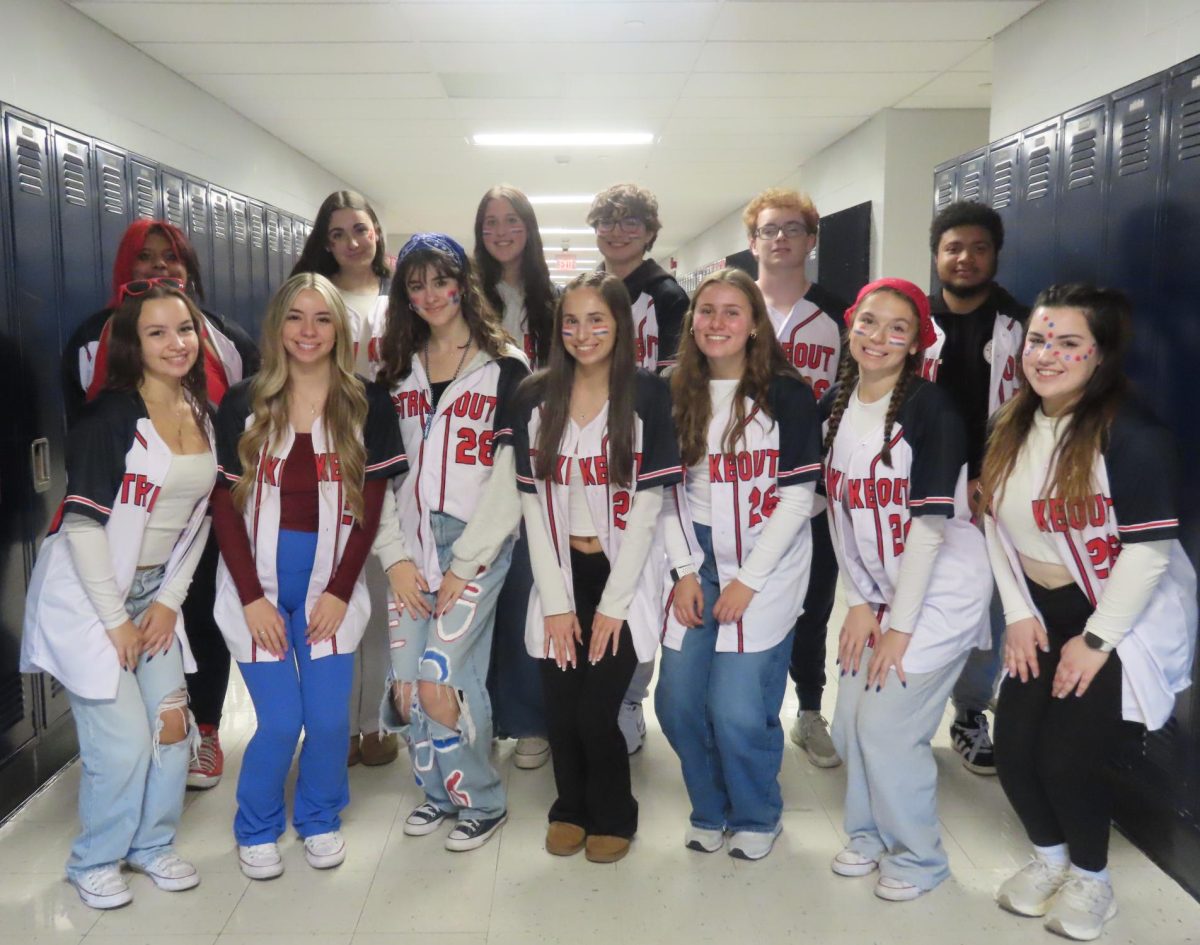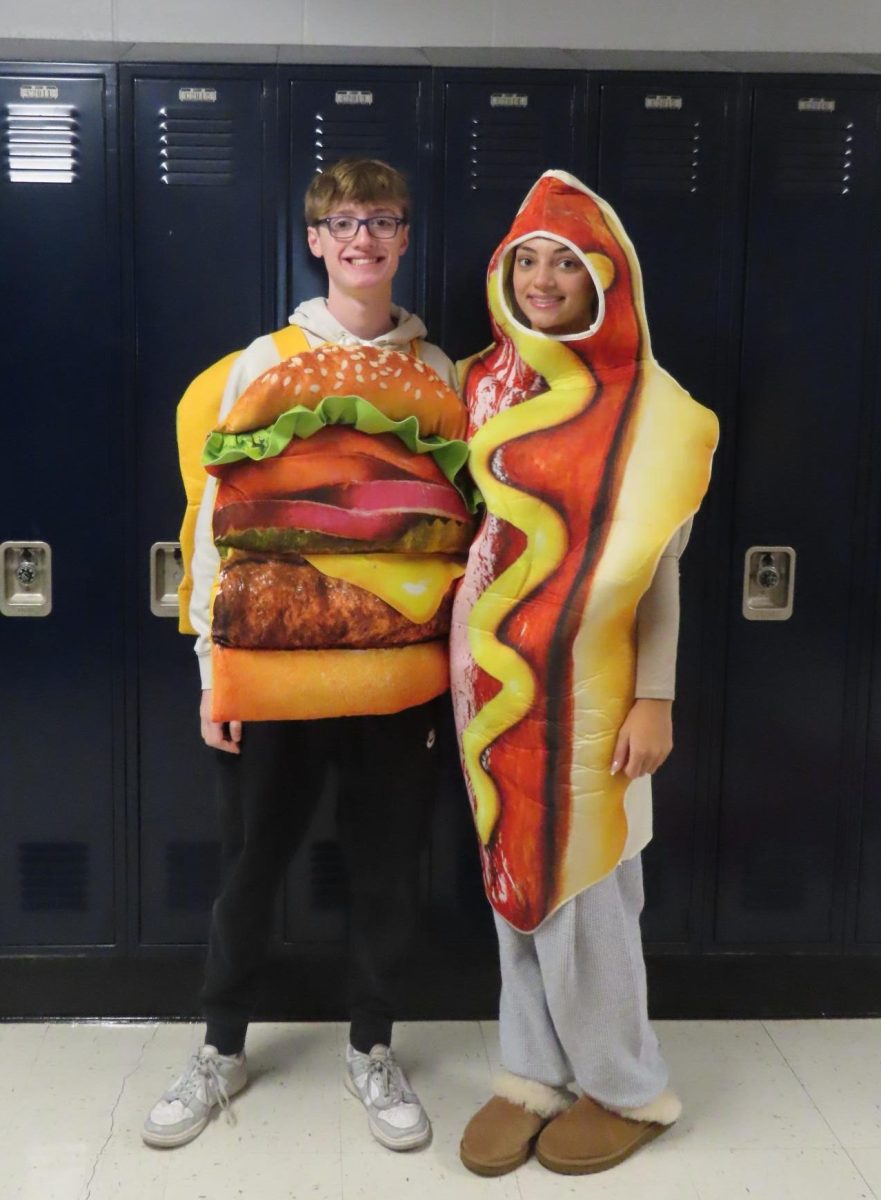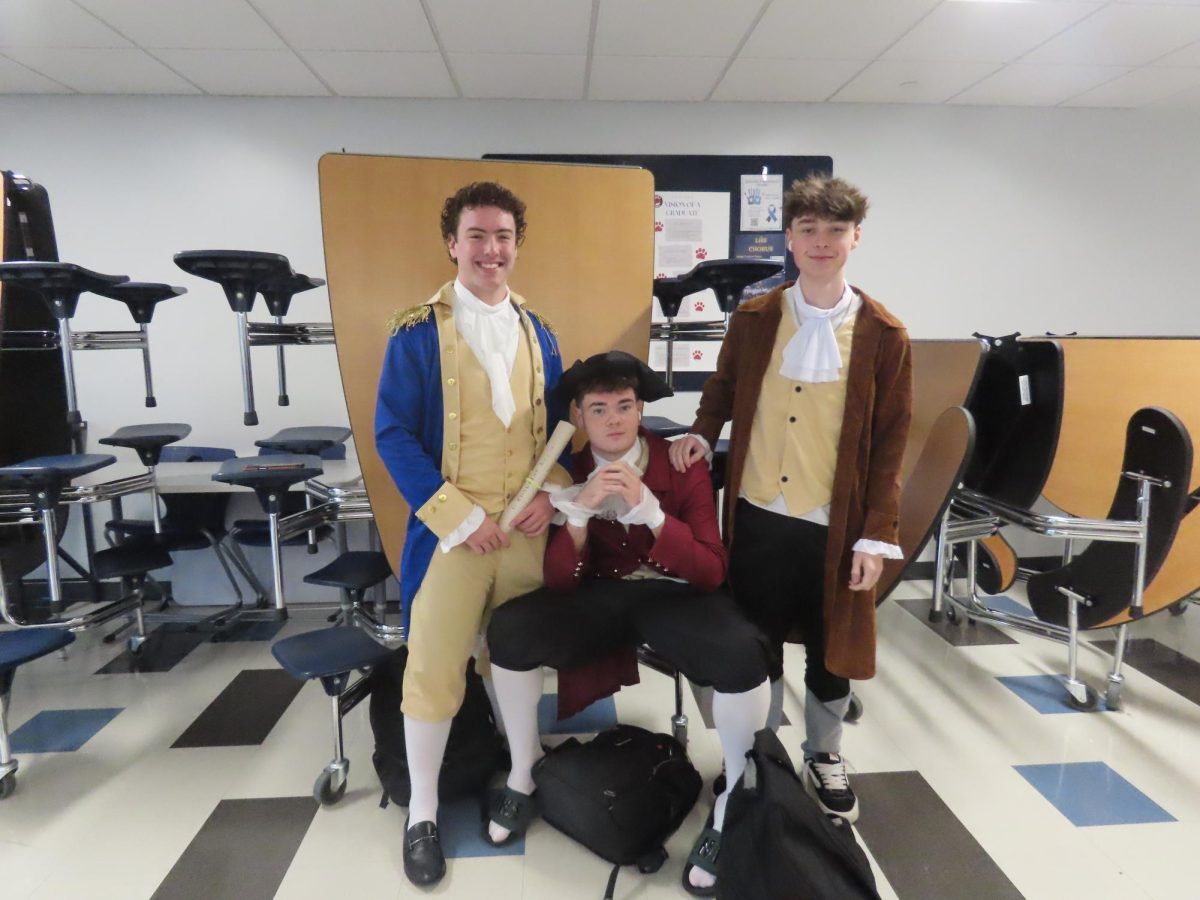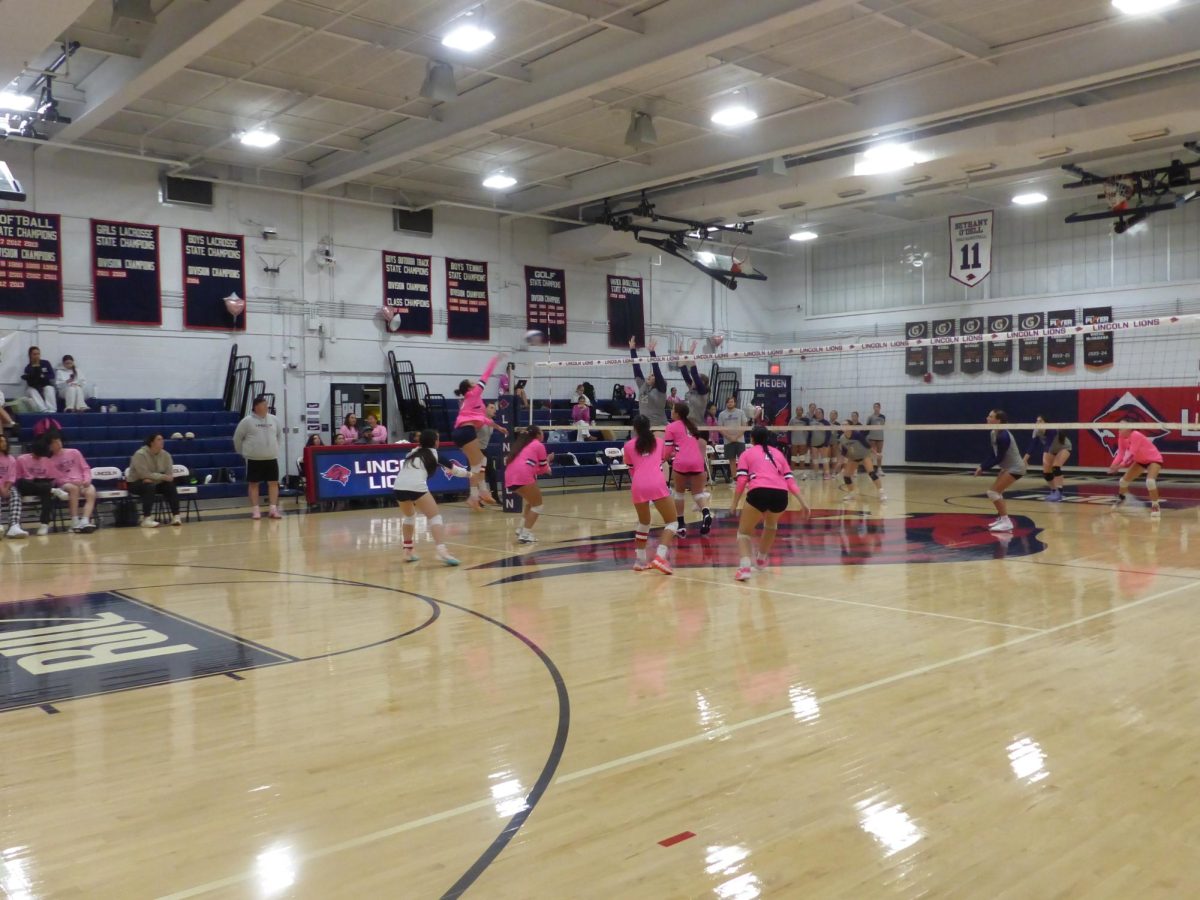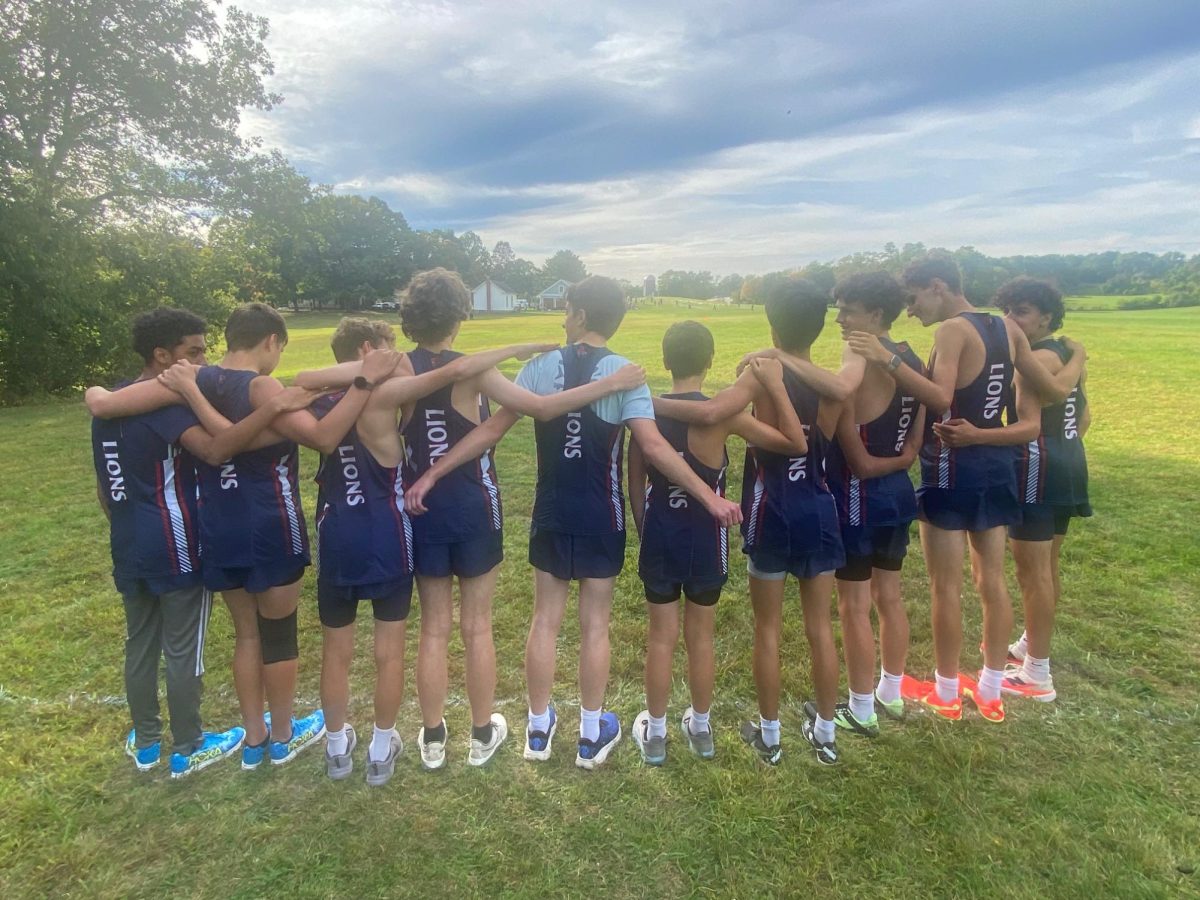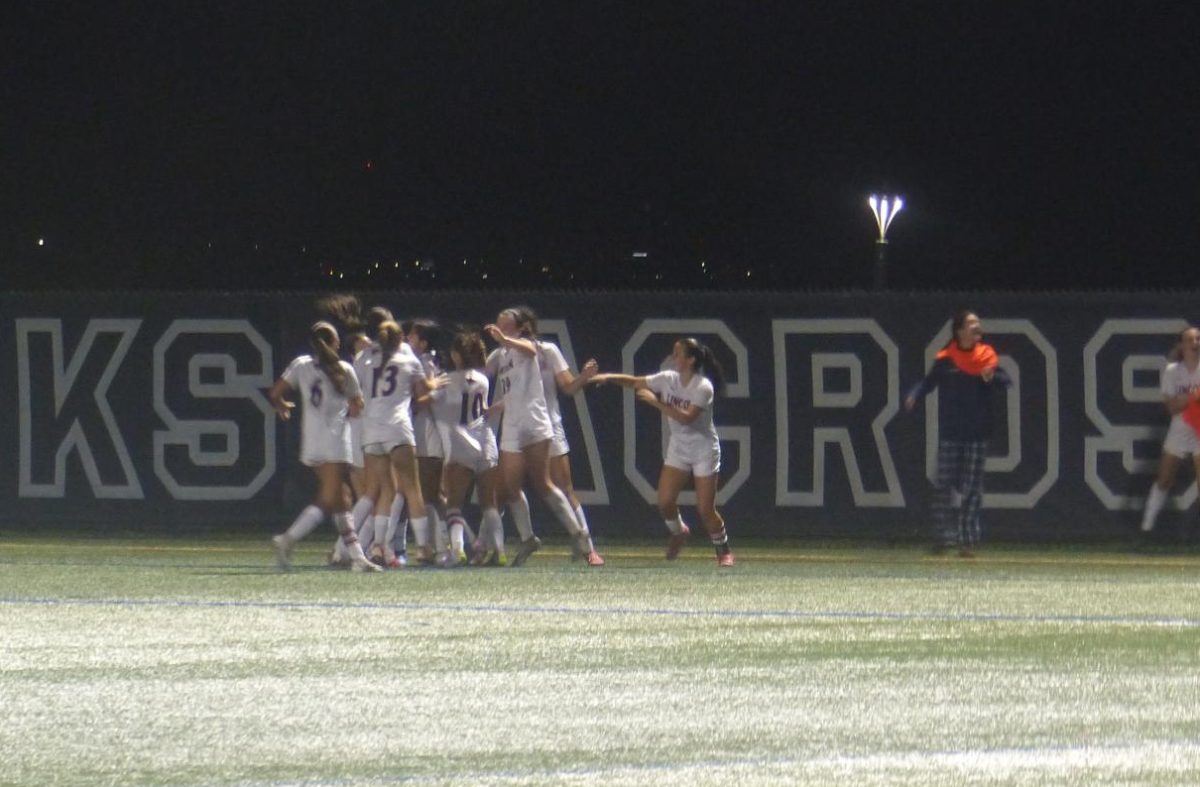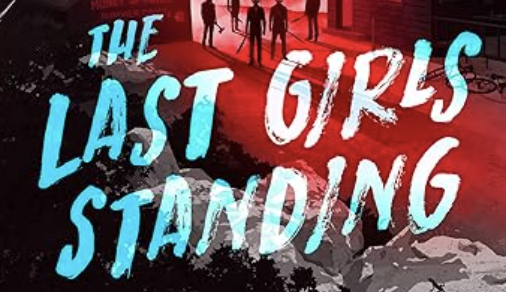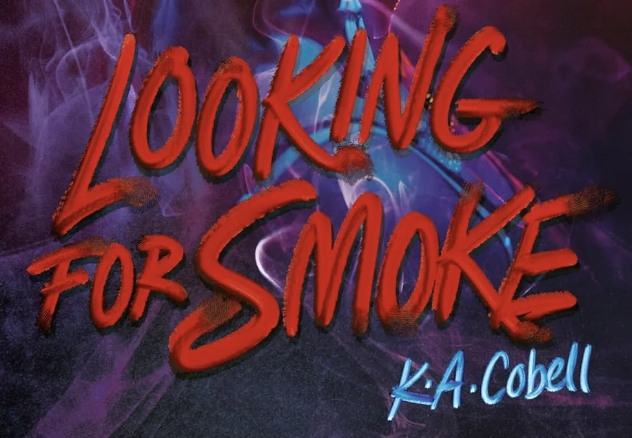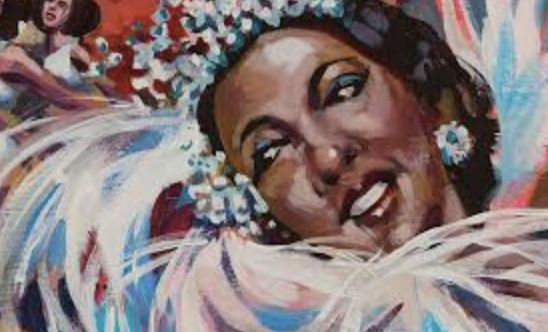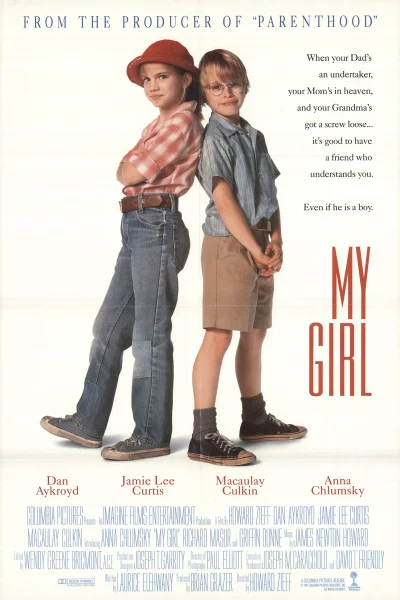
My Girl (1991), directed by Howard Zieff and written by Laurice Elehwany, is a bittersweet coming-of-age film that captures the beauty of childhood, friendship, first love, and the sting of tragic loss. It’s a story that manages to make you smile, laugh, reflect, and cry all in the span of its 1 hour 42 minute run time. Over 30 years after its release, the film still remains a powerful experience that stays with viewers long after the credits, leaving a lasting emotional impact.
Set in a small town in Pennsylvania during the summer of 1972, the story follows 11 year old Vada Sultenfuss, portrayed by Anna Chlumsky, who is a smart, quirky, emotionally complex girl that lives in a funeral home with her widowed father, Harry, played by Dan Aykroyd. Vada is fascinated with the concept of death, understandably considering she lives in a funeral home which is under the constant presence of mourning families, on top of the fact that her mother died giving birth to her. Her obsession with illness and death, though portrayed lightly, is a sign of deeper anxieties she doesn’t yet know how to express at such a young age.
Her best friend, Thomas J. Sennett, performed by Macaulay Culkin, is the one person who truly understands and sees her. He’s shy, gentle, allergic to almost everything, and completely devoted to Vada. Their friendship is pure and innocent, the kind only achievable in childhood. Together, they ride bikes, explore the woods, and navigate their first feelings of love. The chemistry between Chlumsky and Culkin is so natural and their acting performances are so well done for such young children, making the film’s emotional moments even more impactful to the audience.
What makes My Girl so memorable and undeniably heartbreaking is its fearless exploration of grief. Without spoiling too much, the story takes a devastating turn that forever changes Vada’s world. The moment is extremely sad and is handled with such tenderness that it doesn’t feel acted at all. Instead, it mirrors the way real loss feels: sudden, confusing, and incredibly painful. The funeral scene following this tragedy is among the most emotionally raw of any film I have ever seen. Watching Vada, an innocent child, have to confront grief head-on is almost unbearable, but inevitably makes the film so authentic and powerful.
At the same time, My Girl balances its heavy, emotional themes with warmth and humor throughout the duration of the movie. Aykroyd, known primarily for his comedic roles, gives a quiet, restrained performance as a father who struggles to understand and connect with his daughter. Jamie Lee Curtis brings charm and kindness to his life as Shelly, a new makeup artist at the funeral home who gradually helps open up both him and Vada. The growing romance between Harry and Shelly adds a gentle subplot that does a good job contrasting Vada’s strong emotions.
Anna Chulumsky’s performance is exceptional as she manages to bring wit, sensitivity, and such a depth of emotion to Vada that the character feels much older and more complicated than any ordinary child. Her remarkable portrayal of grief, confusion, and growth truly carries the film. Culkin, too, carries out his sweet role wonderfully considering it is so different in comparison to some of his more famous performances.
The movie also weaves in the classic song “My Girl” by the Temptations, continuing to evoke both the joy and sadness in the story.
Overall, I would rate My Girl a 5/5. It is beautiful, heartbreaking, and an unforgettable film I believe everybody should watch at least once in their lives. It is undeniably sad and a deeply emotional journey that reminds us how painful growing up can be, especially to anyone who has ever had a best friend, felt alone, or lost someone dear to them. It reminds us how precious our relationships are and to not take them for granted since you never know what the future holds; some people may be lost during our lives but they will leave a mark on us forever.

